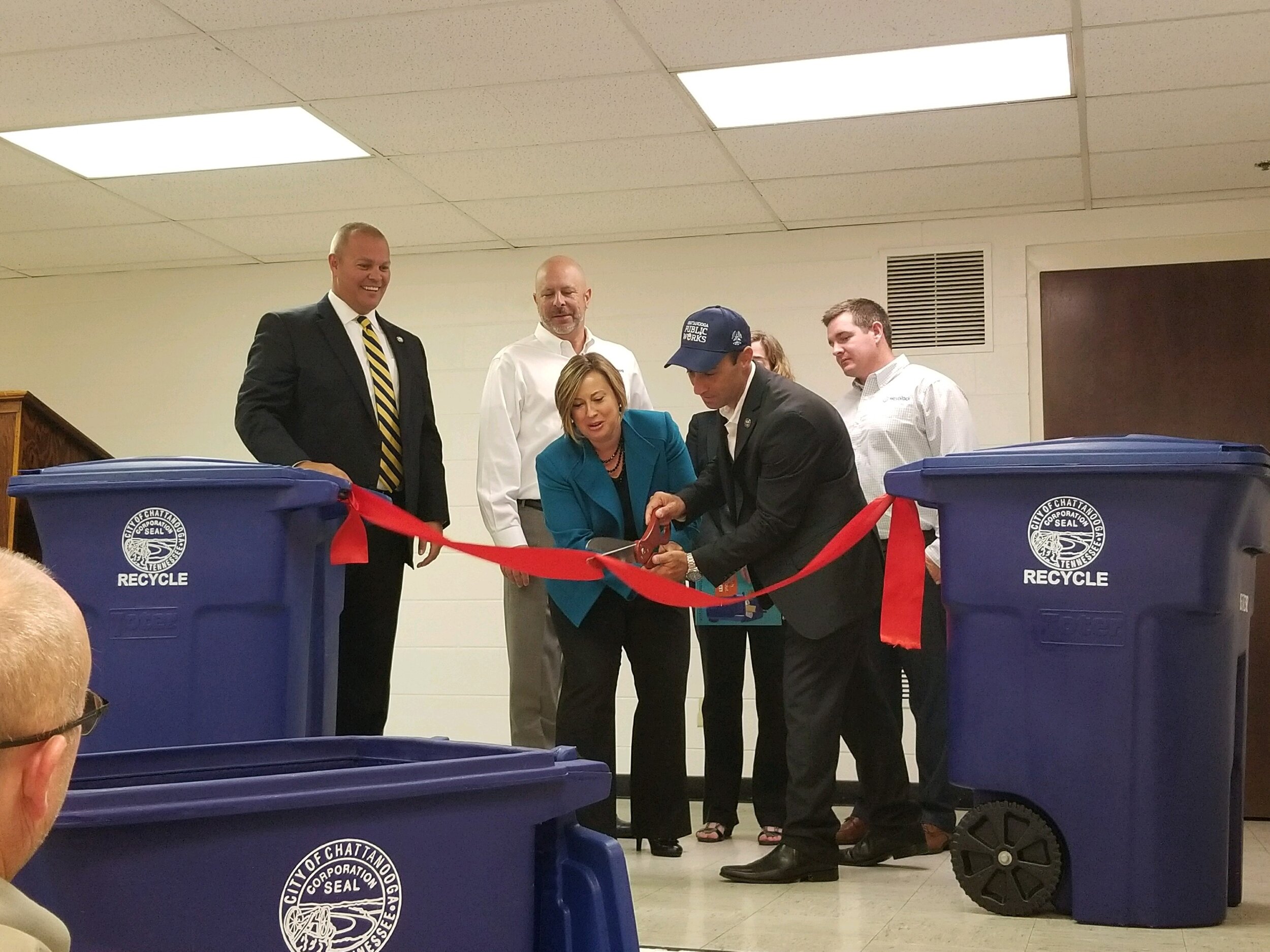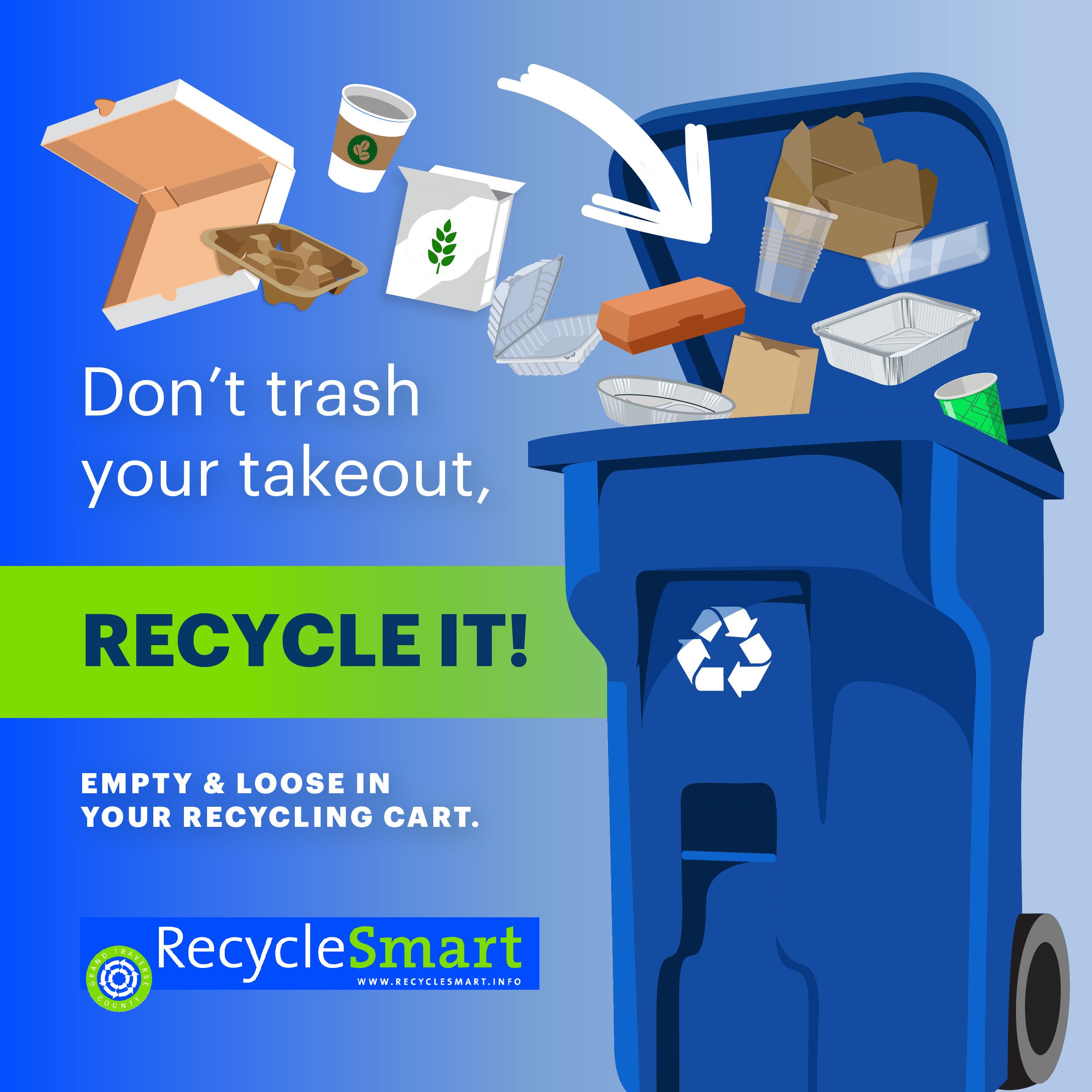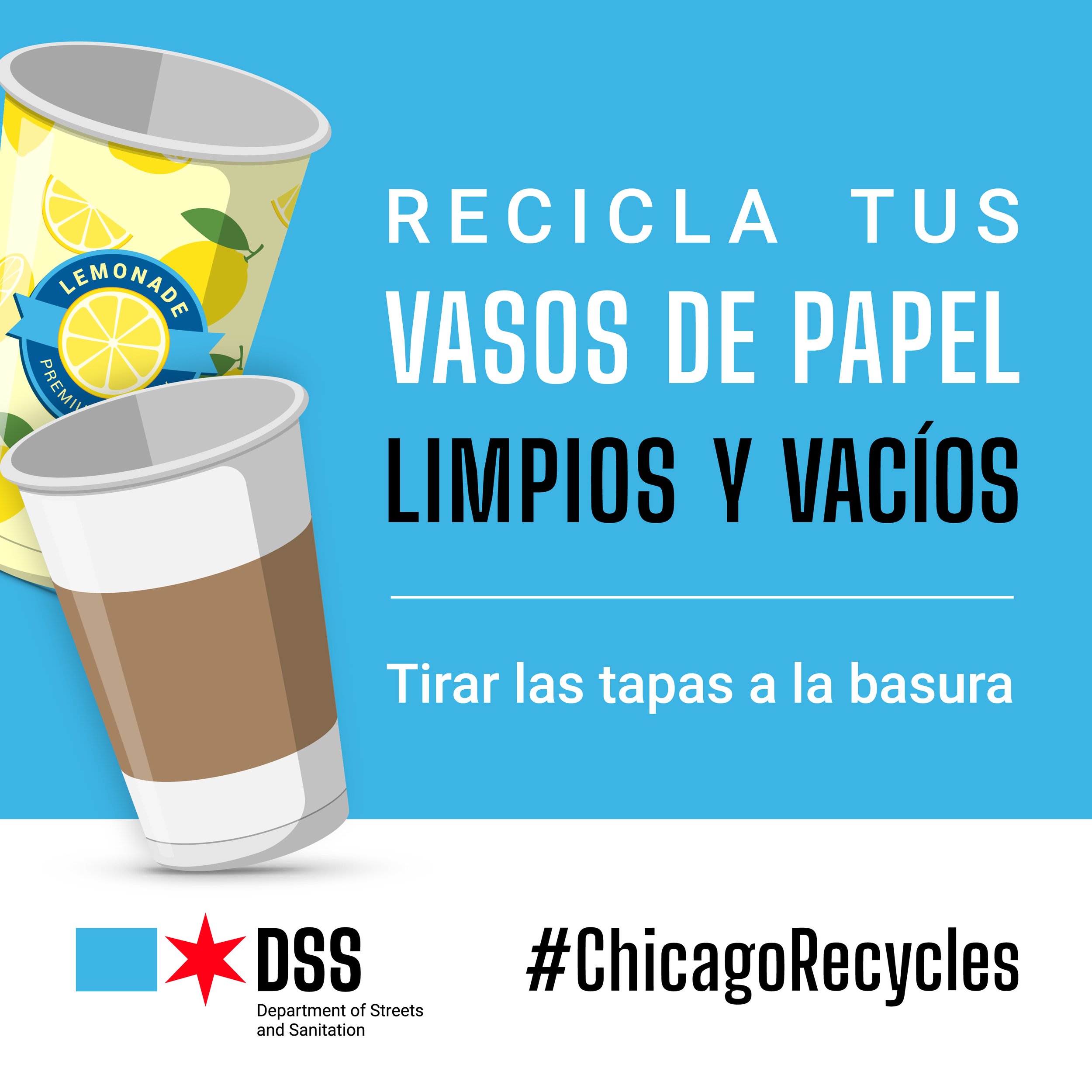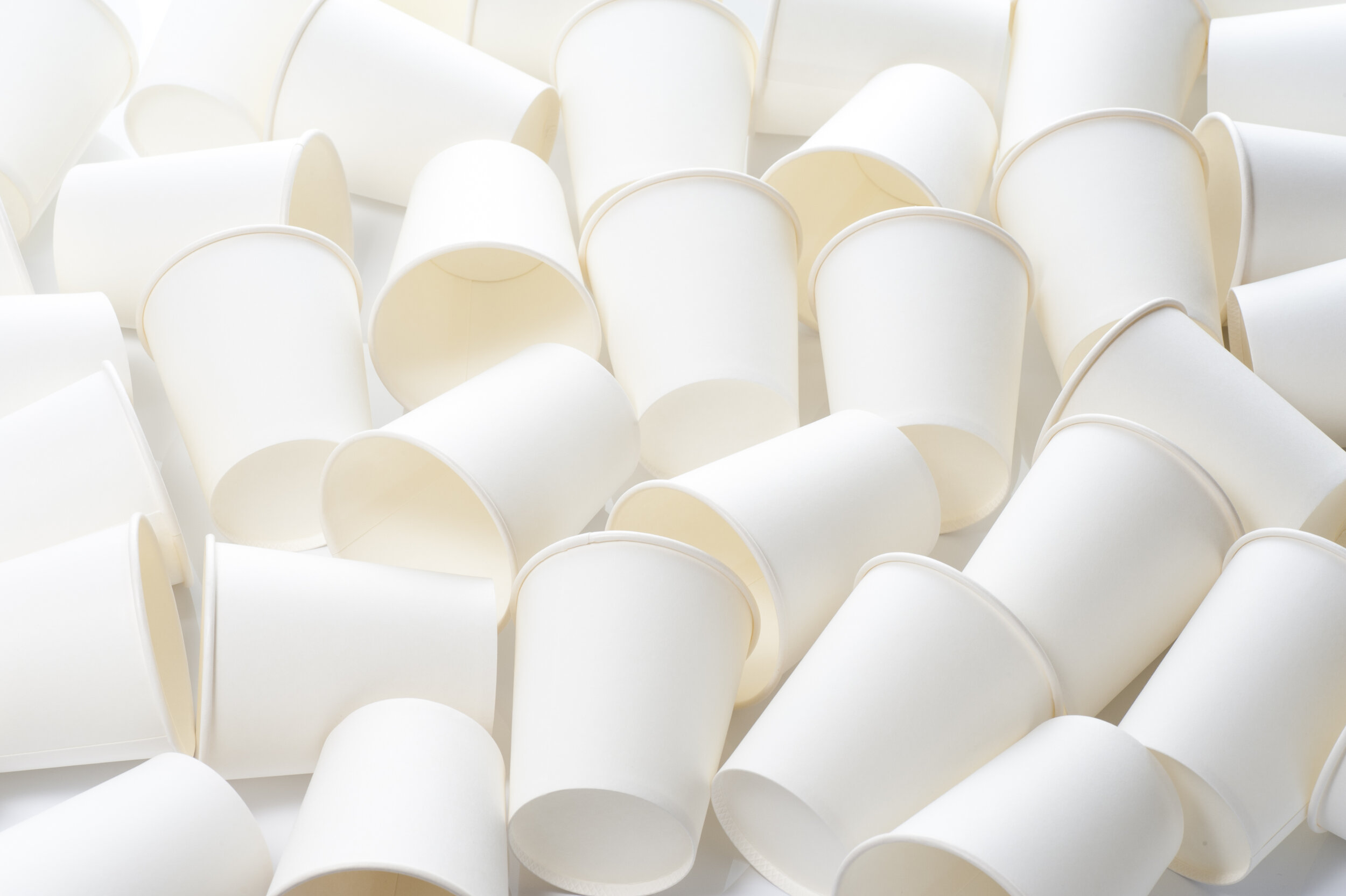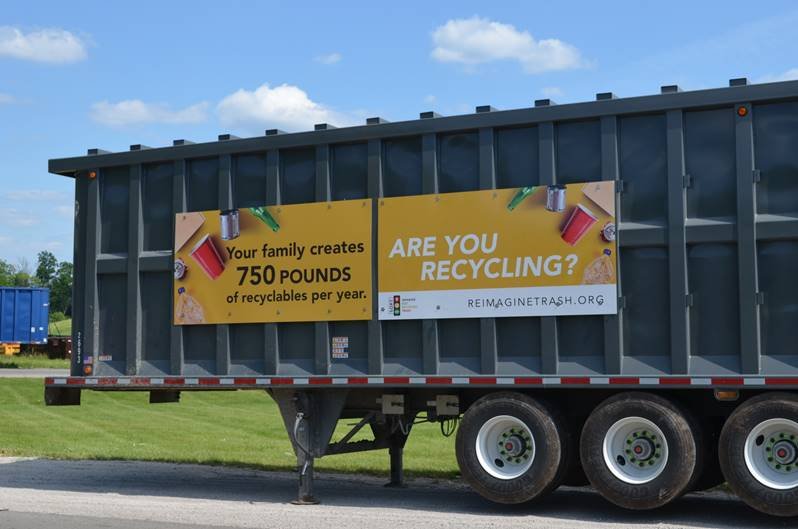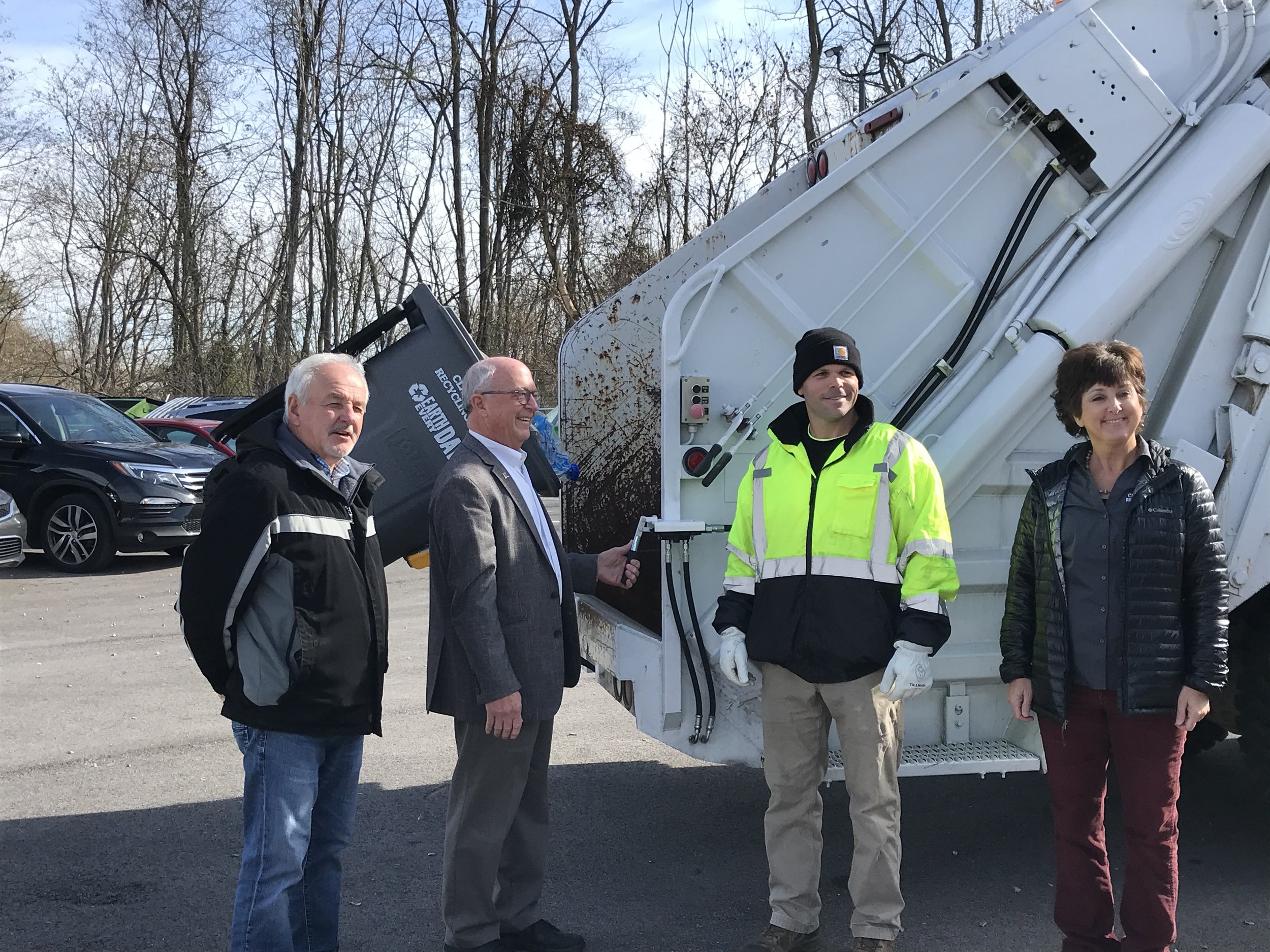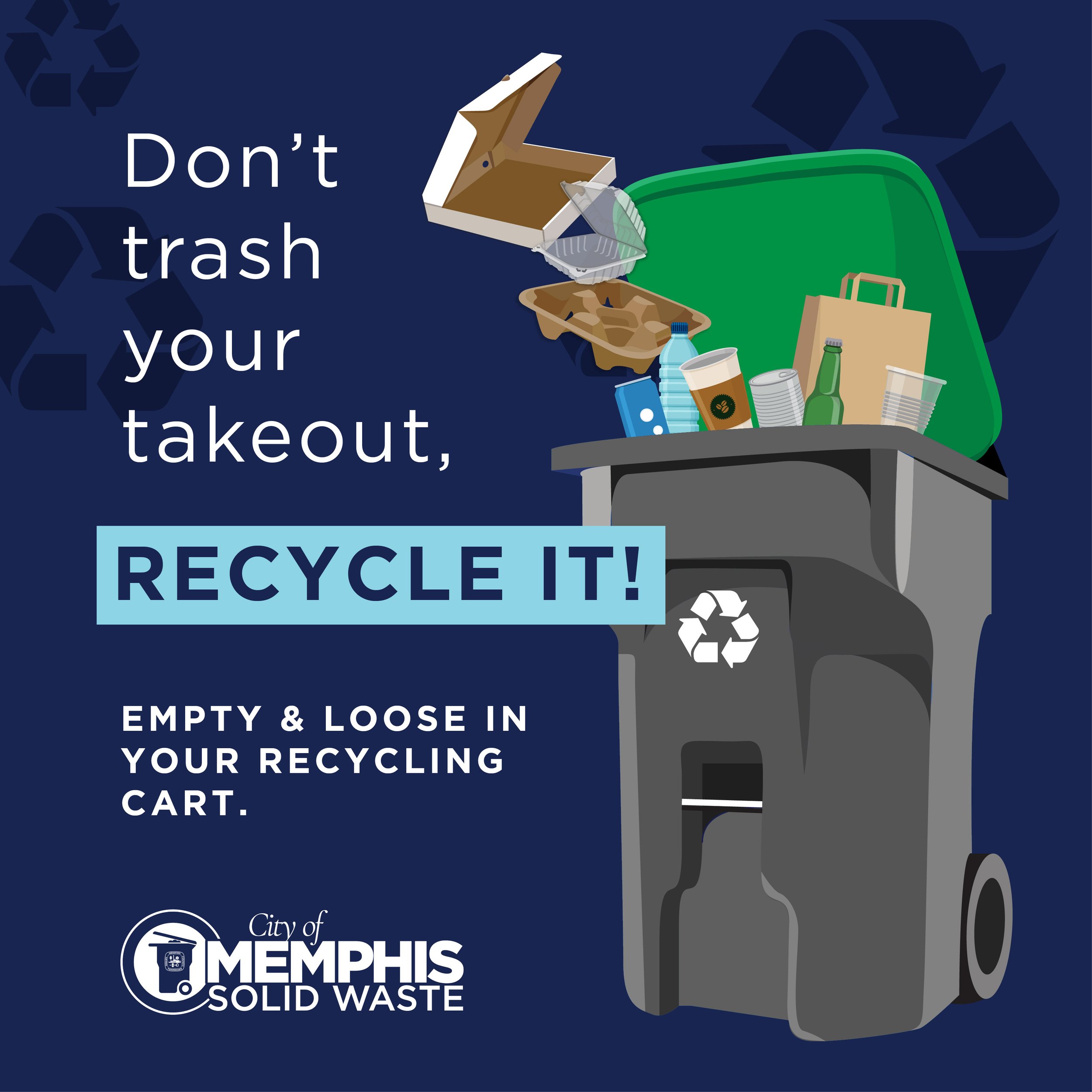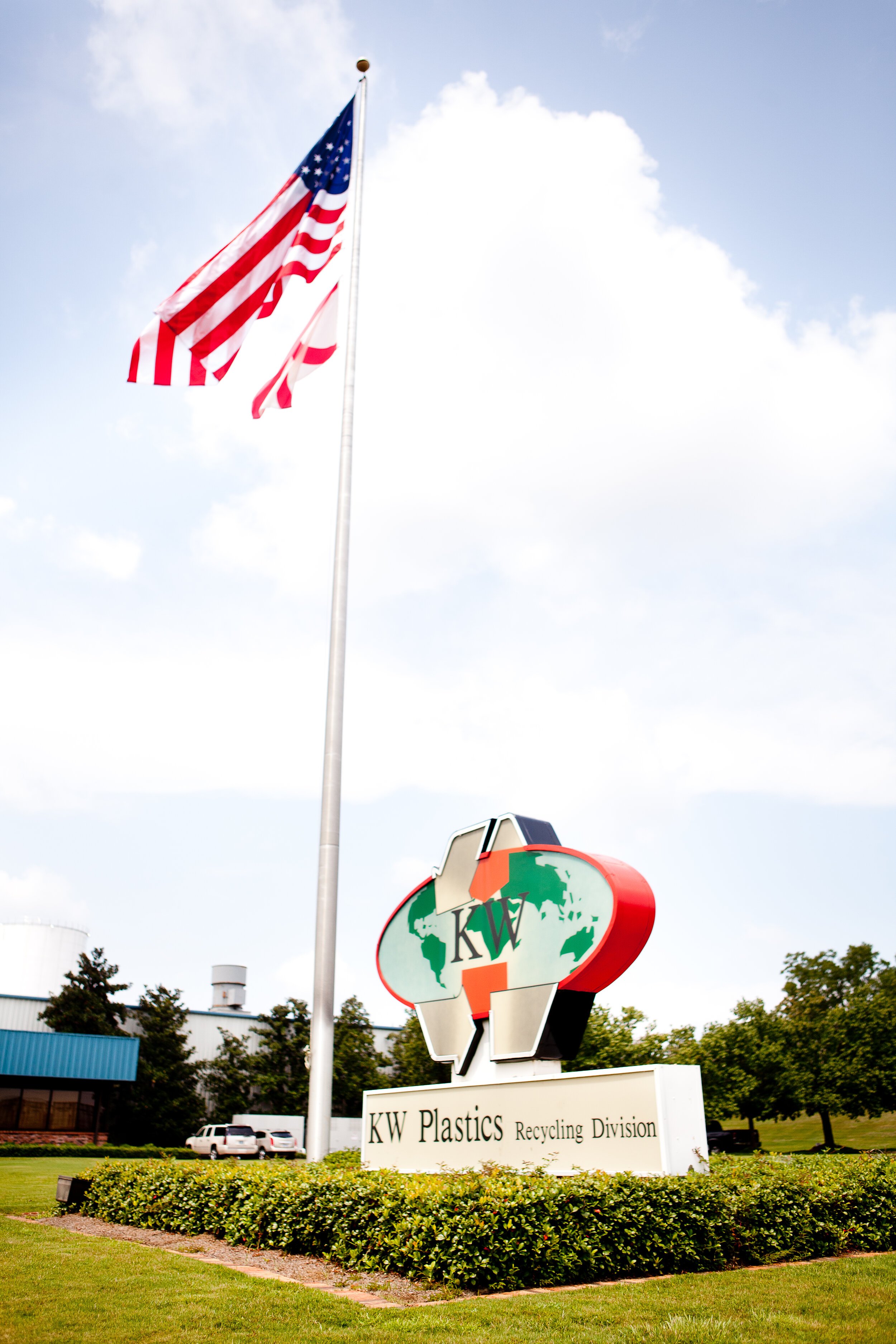Community Partnership | Chattanooga, TN
Background
Chattanooga, Tennessee, a city of approximately 178,000, has had a single stream recycling program for nearly 13 years. With a focus on providing every household with a curbside recycling container by 2022, the city’s Department of Public Works (DPW) looked at ways of expanding its recycling program with a focus on communicating and educating their residents. The DPW saw the Community Partnership program as a great opportunity to not only expand its recycling program but to have a large communication campaign to refresh its educational materials and give residents updated information on recycling. In fall 2017, after a year of planning alongside FPI, Chattanooga was announced as the very first city selected for FPI’s Community Partnership program.
Foodservice Packaging Materials Accepted
Pizza boxes*
Paper cups*
Paper takeout containers*
Paper bags
Molded fiber carriers/containers*
Molded fiber egg cartons*
Plastic cups
Plastic takeout containers*
Plastic produce containers
*New items added during partnership
Operational Planning and End Market Due Diligence
FPI strives to develop and promote economically viable and sustainable recovery solutions for foodservice packaging. Prior to the partnership launch, FPI worked alongside the city and the local MRF to reach out to the MRF’s end markets to ensure the addition of foodservice packaging would be a viable option. WestRock owns and operates the facility that processes the curbside recyclables from Chattanooga. During the year leading up to the launch, WestRock worked to make operational changes at the MRF to allow for the recovery of paper and plastic foodservice packaging. They extended their sort line and added two additional bunkers to assist in storing the added materials. These MRF upgrades helped to pave the way for a robust educational campaign in partnership with the City of Chattanooga.
Lessons Learned & Recommendations
In September 2017, Chattanooga launched a communications campaign informing residents of the new acceptable materials and how to properly recycle them. The messaging also emphasized “clean” and “empty” to promote higher quality of recyclables and combat contamination from all recyclables. The campaign included website updates, an advertising campaign and eye-catching educational fliers distributed by volunteers and staff during an outreach event at the Chattanooga Zoo. Creating an event at a popular local spot gave the city an opportunity to speak to residents face-to-face about the new recycling additions.
“We had been researching how to offer more recycling options for our residents,” said Justin Holland, administrator of Chattanooga’s Department of Public Works. “Chattanooga has the opportunity to save resources and avoid sending valuable materials to the landfill through an expanded recycling program right at residents’ doorstep.”
Results
In the first month of Chattanooga’s campaign, the recycling section of the city’s website received 2,342 more unique visitors than the same period a year ago, a 116 percent increase. The city also saw a 46 percent increase in the requests for a cart or bin, showing a large jump in participation for the new program.
While Chattanooga’s digital reach was impressive, the city wanted to measure the behavior change amongst their residents. Nine months after the launch of the program, a waste sort was conducted at WestRock to see any initial progress from resident participation since the communication campaign. The waste sort showed a decrease in overall residue at WestRock, from 14 to 8 percent, which indicates communication efforts surrounding “recycling clean materials” was a success! The sort results showed an increase in the proportion of fiber collected (such as cardboard and mixed paper), from 62% to 73%.
These results show Chattanooga the efforts made during their communication campaigns made a significant difference in recycling participation by their residents as well as correct recycling behavior (i.e. recycling new materials but fewer non-recyclables). And even in a time of challenging recycling markets, the MRF has not reported any problems marketing the materials.
Next Steps
Chattanooga has an ongoing communications campaign that includes a variety of educational initiatives. The city purchased a new cart sticker and educational flyer that promotes the recycling of new foodservice packaging as well as the rest of their single stream recyclables. A Community Partners campaign refresh will provide updates and emphasize certain materials to increase resident awareness and recovery of those items.
The city is participating in another two-month digital campaign to refresh this message to recycle to-go cups, containers and boxes. Chattanooga realizes that recycling education is a perpetual process as they remind residents to recycle clean and empty items in their recycling carts.
- February 2019

